
Migraine Pain? Here Are Some Ways to Shorten It
Migraines can be debilitating for so many people, and the causes (or “triggers”) and symptoms can vary from person to person. Some people don’t even know that their “bad headache” is actually migraine pain. While not all treatments work for everyone, we’ve put together a list of some ways to reduce and shorten migraine pain.
Avoid certain foods. Some foods can make the pain worse, or even trigger it, to begin with! These can include the following:
- Chocolate
- Nitrates, particularly from cured meats
- Aged cheeses
- Alcohol, particularly red wine
- Foods that are naturally higher in MSG
- Extremely cold foods
- Processed foods
- Pickled foods
- Beans
- Dried fruit
- Cultured dairy products like cheese, yogurt, or sour cream
A quiet, dark room to rest in. Light, noise, and strong smells can seem more intense during a migraine, so finding a dark, quiet space can help you rest and relax. Or at the very least, cause less pain. If this isn’t available, sunglasses, earplugs, and soothing music or white noise can help instead. There are a variety of white noise apps available for computers and smartphones.
Lavender or peppermint oil. When massaged into the temples, these oils have been found to help soothe migraine symptoms.
Acupressure and massage. These can help a variety of pain symptoms, including migraines. You can even practice acupressure on your own.
Drink more water. Even if you can only take a few sips at a time, drinking water can help relieve and shorten migraine pain. Dehydration can actually trigger a migraine, so hydration could solve the actual underlying issue to begin with.
Take some ginger. Ginger not only eases nausea caused by migraines, it is also known to have anti-inflammatory, antiviral, antifungal, and antibacterial properties. You can take it raw, powdered in capsules, as a tea, dried, or in foods.
Use butterbur. This plant has been used for years to treat pain. Researchers have also found that taking butterbur extract reduced headaches and headache pain for some people.
Use a cold pack or fan. The cold can reduce inflammation at trigger points.
Over-the-counter medications. Acetaminophen, ibuprofen, or naproxen can all help reduce migraine pain. There are also migraine-specific over-the-counter medications that contain a combination of certain medications.
Caffeine. Some caffeine can help increase the efficacy of pain medications, including common over-the-counter medications that we just mentioned. However, be aware that too much can actually cause migraines and dehydration, so use sparingly and drink plenty of water.
If you do experience a migraine, we hope that these tips can help shorten them and reduce the pain involved. If migraines happen to you regularly, it’s a good idea to start a migraine diary so that you can track what you were doing prior to the migraine, foods, and medications taken prior to the migraine, pain level, symptoms, and even the length of the migraines. All of these can help your doctor assess your migraines and suggest treatment options specific to your needs.

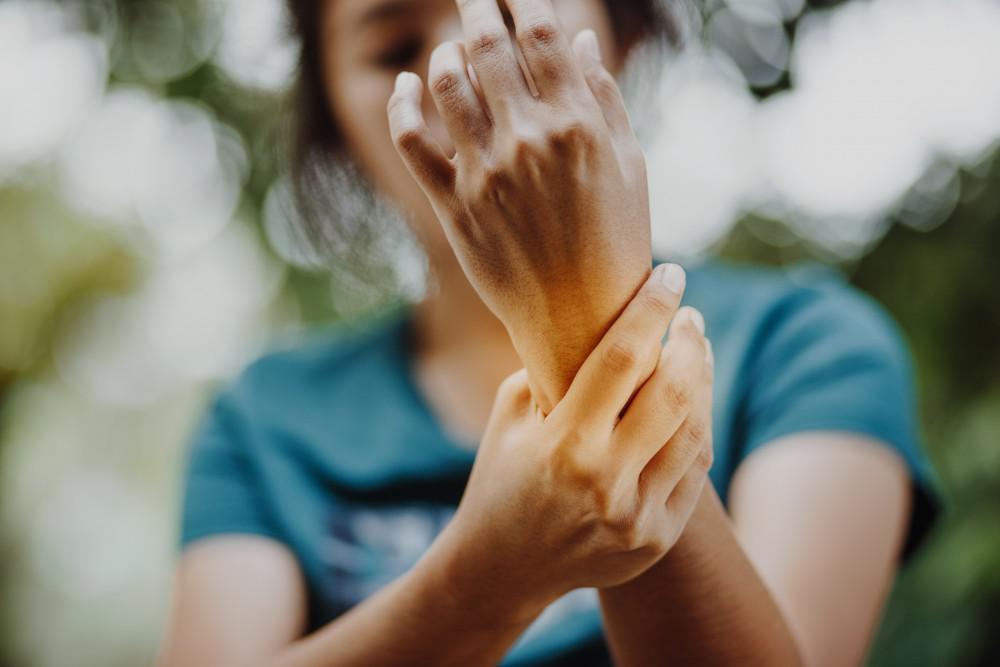
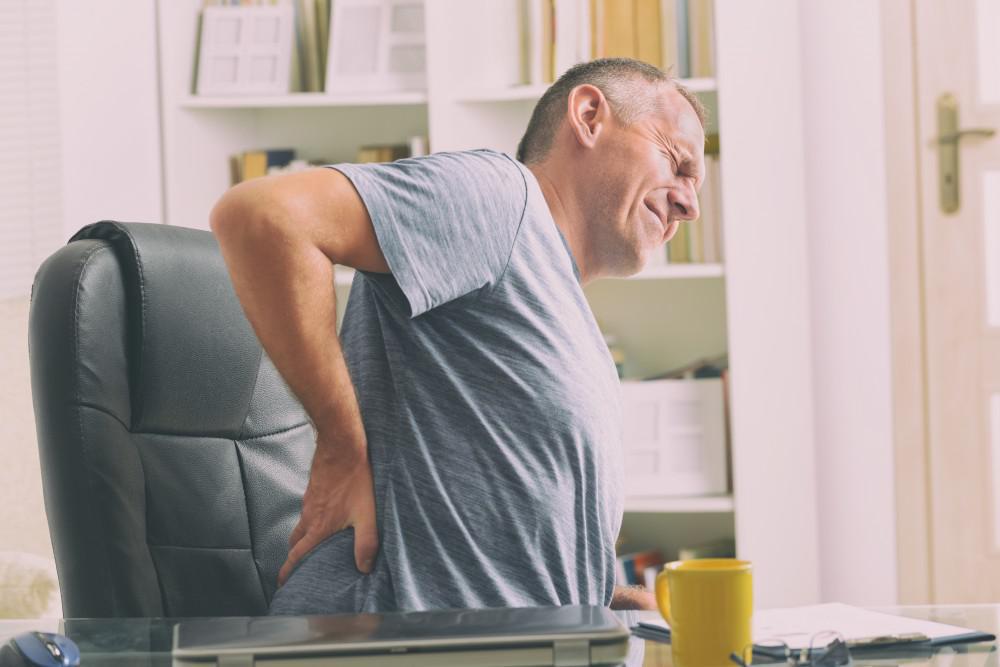
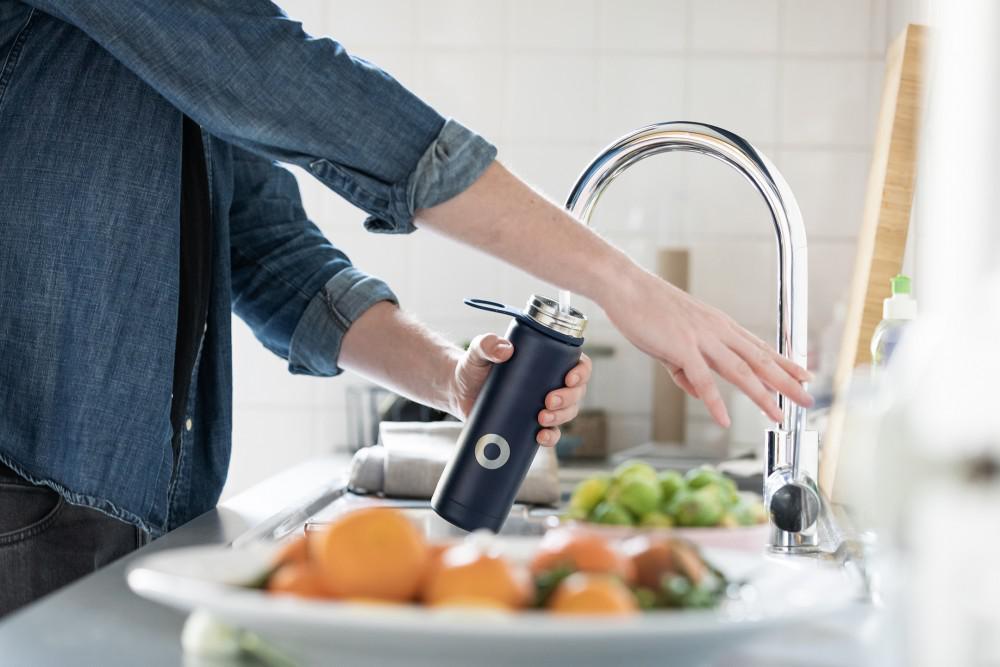
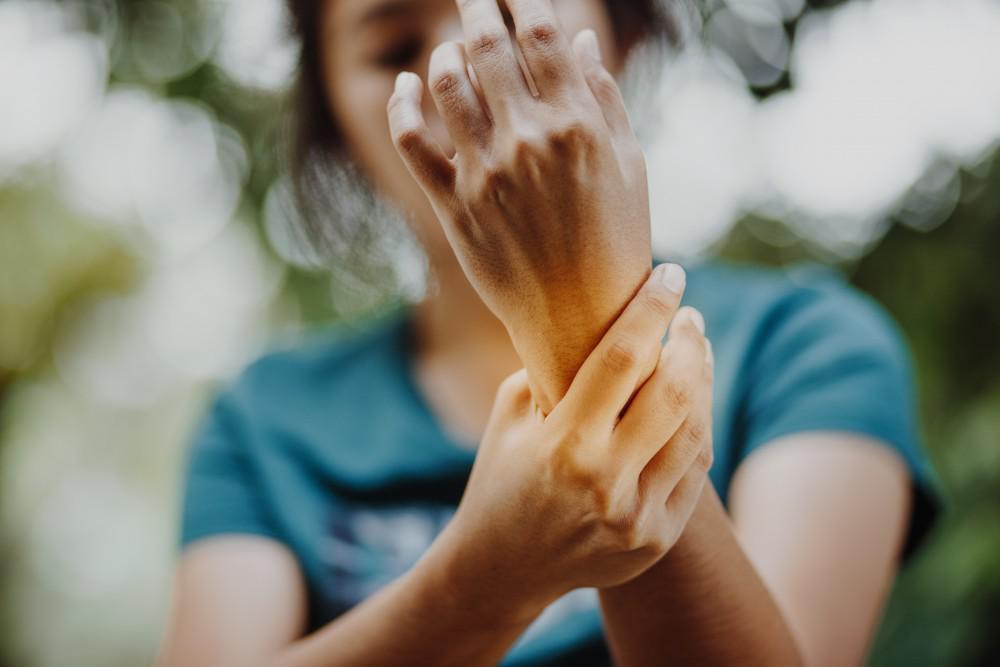


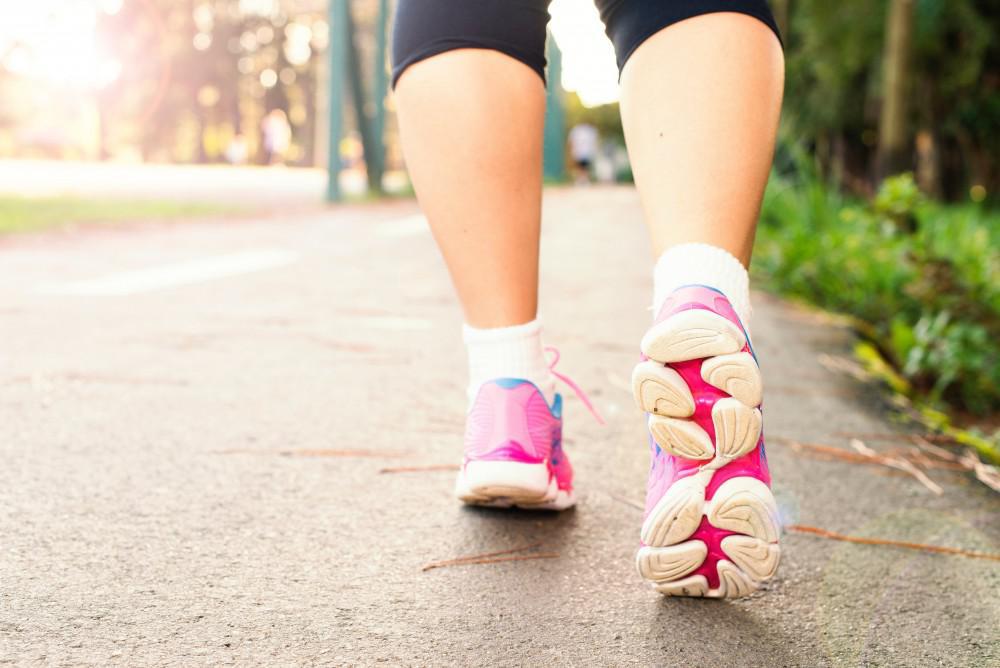
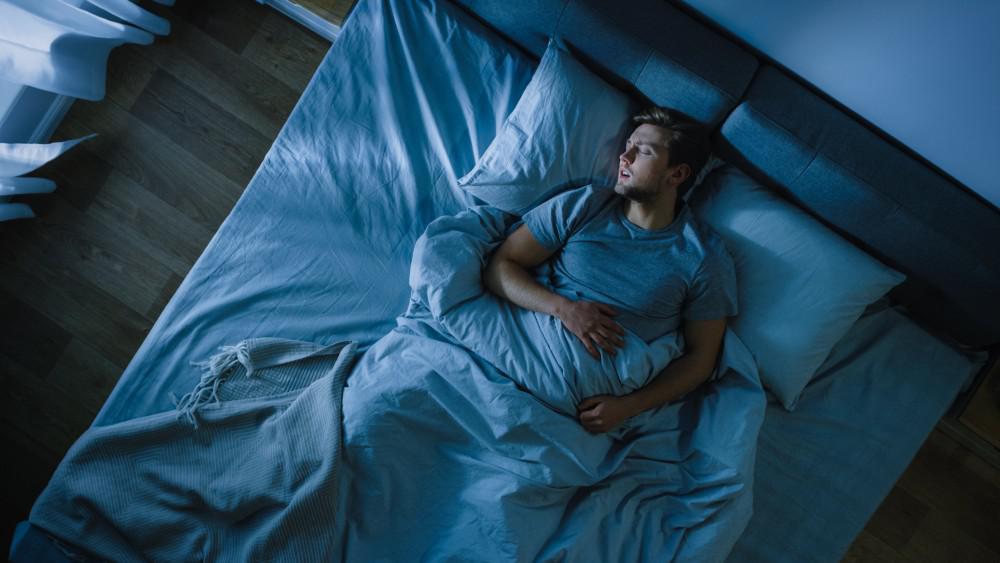

Related Posts